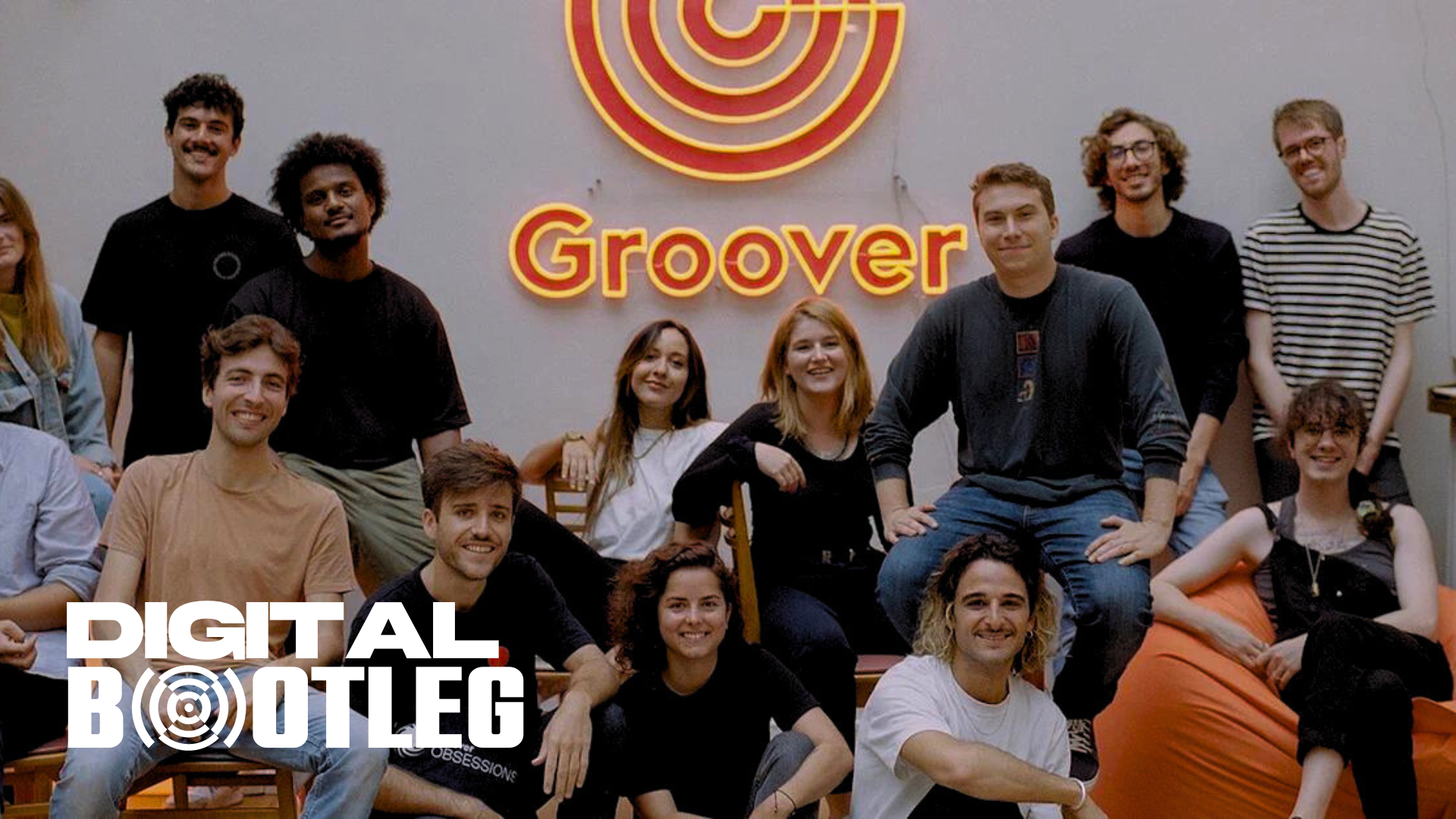Hello everyone, and welcome to Digital BOOTLEG, where we delve into the hottest topics in the music industry. Today, I’m diving into a platform that’s been generating quite a buzz: Groover. Is Groover truly beneficial for independent artists, or is it just another marketing ploy? Let’s explore this topic in detail.
What is Groover?
Groover is a platform created in 2018 in France, designed to connect artists, musicians, and their representatives with music media and professionals. With over 2,000 contacts available, Groover allows artists to ensure their music will be listened to and receive feedback through a micro-payment system.
Since its launch, Groover has raised several million euros, including 7.5 million euros in February 2024. The platform has also formed partnerships with notable companies like CD Baby, TuneCore, SoundCloud, and SACEM.
The Promises of Groover
Groover’s promise is straightforward: to help artists get noticed in a saturated market where 100,000 new tracks are released daily on streaming platforms. In theory, this seems like an ideal solution for artists struggling to stand out. But what’s the reality?
The Criticisms of Groover
First Major Criticism: Despite its promises, no truly famous artist has broken through because of Groover. Names mentioned on their site, like La Femme or Chinese Man, were already well-established before joining the platform. If there are any artists who have achieved significant success solely because of Groover, I certainly haven’t heard of them.
Second Criticism: Groover’s communication is becoming increasingly aggressive. Many artists complain about the pressure to use their services, sometimes receiving multiple messages a day. This aggressive marketing seems to prey on the frustrations and insecurities of independent artists.
Third Criticism: The micro-payment system. Although this model guarantees a listen and feedback, it doesn’t ensure a real career opportunity. Feedback can be brief or non-constructive, and artists might end up spending a lot of money for little tangible result.
Playing on the Frustrations of Independent Artists
Groover appears to exploit the frustrations of independent artists for profit. Many artists are desperate for exposure and feedback, making them easy targets for a platform that promises to bridge the gap between them and music professionals. However, the reality is that this system often falls short of its promises. This opinion is, of course, my own, but it’s based on my observations and the testimonials of others in the industry.
The Creation and Evolution of Groover
Let’s take a step back and look at how Groover came to be. The platform was co-founded by Dorian Perron, Romain Palmieri, and Rafaël Cohen in 2018, launching at the MaMA Music Convention. The founders were students at UC Berkeley, and they saw an opportunity to create a service that would address the overwhelming influx of music submissions faced by media outlets and professionals.
Initially, Groover focused on the French market, but it quickly expanded its reach to the United States, Canada, the UK, Brazil, Italy, and other parts of Europe. In March 2019, Groover represented French digital excellence at the South by Southwest (SXSW) festival. By June 2019, they had raised 1.3 million euros from business angels, followed by another significant fundraising round in November 2021, where they secured 6 million euros from investors like Bpifrance Industries Créatives and Partech Partners.
In 2021, Groover acquired Soonvibes, a platform with 70,000 users, to bolster its presence in the electronic music scene. Their latest fundraising effort in February 2024 brought in 7.5 million euros, further cementing their position in the market.
A Business Built on the Backs of Independent Artists
While Groover’s business model has certainly been lucrative, it’s essential to question whether it genuinely benefits the artists it claims to support. The platform’s success is built on the backs of independent artists who pay for the hope of exposure and feedback. Yet, the tangible benefits of these investments are often minimal.
Conclusion
So, is Groover a scam? The answer isn’t straightforward. For some artists, Groover can offer visibility and constructive feedback. For others, it’s an expense that doesn’t necessarily lead to concrete opportunities. It’s crucial for each artist to weigh the pros and cons before diving into this platform.
If you have experiences with Groover or questions about it, feel free to share them in the comments or on our social media. I’d love to continue this discussion with you.
Thanks for reading Digital BOOTLEG. Don’t forget to subscribe and leave a review if you enjoyed this article. See you soon for more insights!











